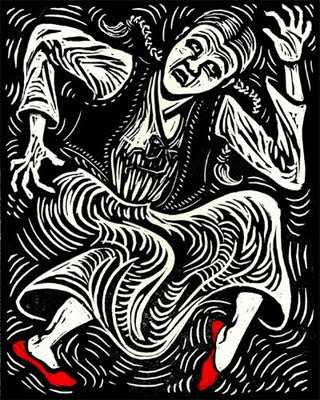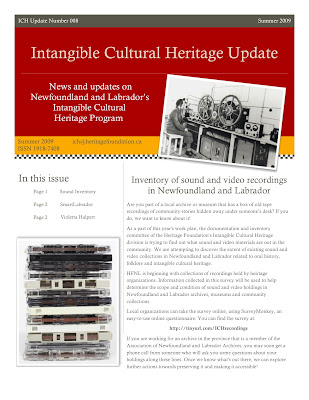The Association of Newfoundland and Labrador Archives (ANLA) is seeking to hire a co-coordinator for a series of public awareness events celebrating the 25th anniversary of ANLA. The co-coordinator position will include the following duties/responsibilities:
. Create exhibit templates, brochures and posters
. Coordinate province-wide archival events
. Compile a special edition of the ANLA Bulletin and relevant articles
. Organize a workshop about photograph interpretation
. Organize a symposium and archives fair
. Creation of material for the web as required
. Liaise with member institutions
. Other duties as required
All aspects of the project are to be completed by March 31, 2010.
Qualifications: The successful candidate will have an undergraduate degree with an interest in heritage, strong writing skills, public relations abilities, experience in event co-ordination, graphic design and website maintenance, and a knowledge of the provincial archival community.
Salary: To be discussed.
Closing date for this competition: September 15, 2009
Interested applicants should forward a resume and letter of interest to:
President
Association of Newfoundland and Labrador Archives
P.O. Box 23155
St. John's, NL A1b 4J9





